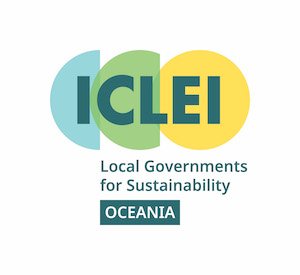Leading the charge: South Australia councils connect on innovative energy solutions at Adelaide Town Hall COP
South Australia has long been recognised as leading Australia’s national transition toward a low-emissions and climate-resilient future. The recent Adelaide Town Hall COP, convened by ICLEI Oceania, highlighted the state’s remarkable progress in energy adaptation and the vital role that local governments continue to play in shaping a net-zero future.
With mayors from municipalities like the Northern Areas Council — home to the groundbreaking installation of the world’s first large-scale Tesla battery at Hornsdale Power Reserve — to leaders from metropolitan Adelaide present at the Town Hall COP, it was a clear demonstration of how local leaders are the driving force for South Australia already achieving over 70% renewable energy generation.
South Australia’s commitment to energy transformation has become a global benchmark. Seizing both the economic development and innovation uplift that pursuing renewables can drive, the state has other significant infrastructure in place to promote hydrogen innovation, grid stability, and community-based solar systems. The Tonsley Innovation District, 10 kilometres south of central Adelaide, is a former automotive site that has been repurposed as Australia's first renewable hydrogen park. It produces hydrogen from water and renewable electricity, and is now supplying a 10% blend of renewable hydrogen mixed with natural gas to nearly 4,000 homes and businesses.
At the local level, councils such as ICLEI member, City of Mitcham, exemplify this spirit of innovation. Under the leadership of Mayor Dr Heather Holmes-Ross, Mitcham has championed community-driven energy innovation. Since 2022, the City has delivered four community bulk buys, reaching over 3,000 residents; helped 1,135 households install solar panels and batteries; and established the protocols and procedures for a Virtual Power Plant (VPP), which is being scaled up across the state.
With its combination of policy leadership, local ingenuity and community engagement, South Australia is uniquely positioned to showcase to the world how coordinated multi-level climate governance can deliver real results for clean energy. As the nation looks ahead to hosting COP31, South Australia exemplifies a powerful model of how renewable innovation and local government action can power the global transition to a resilient, net-zero future.
